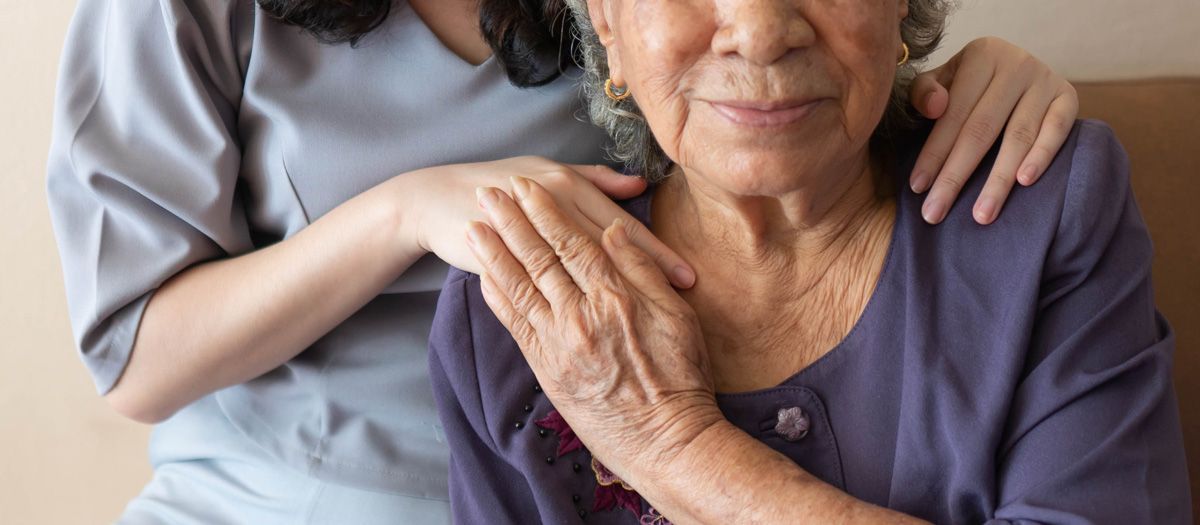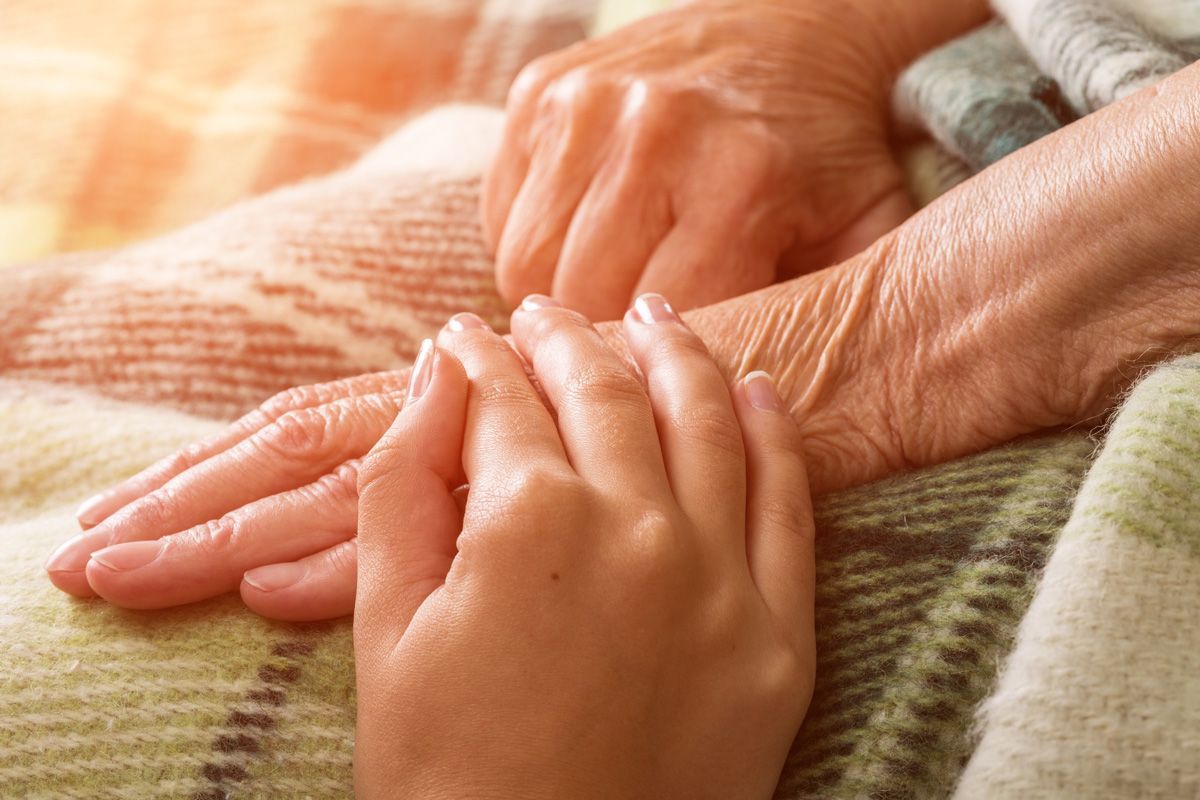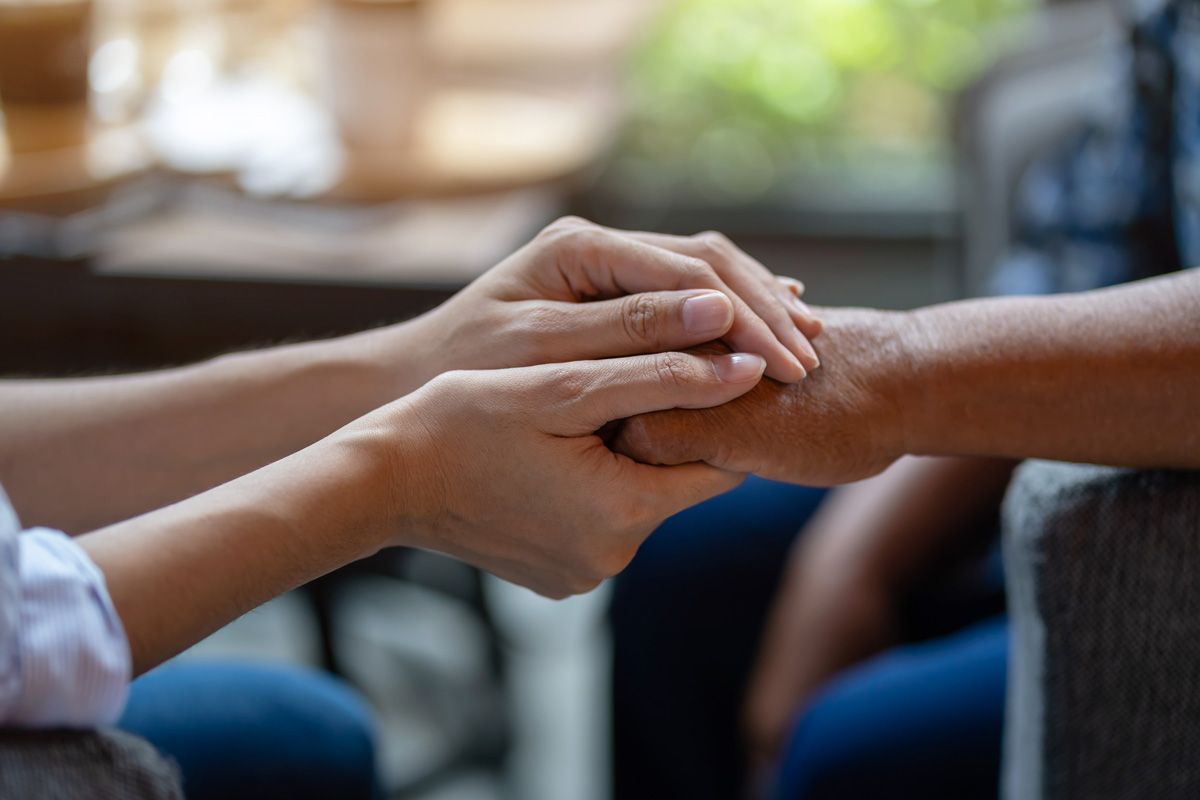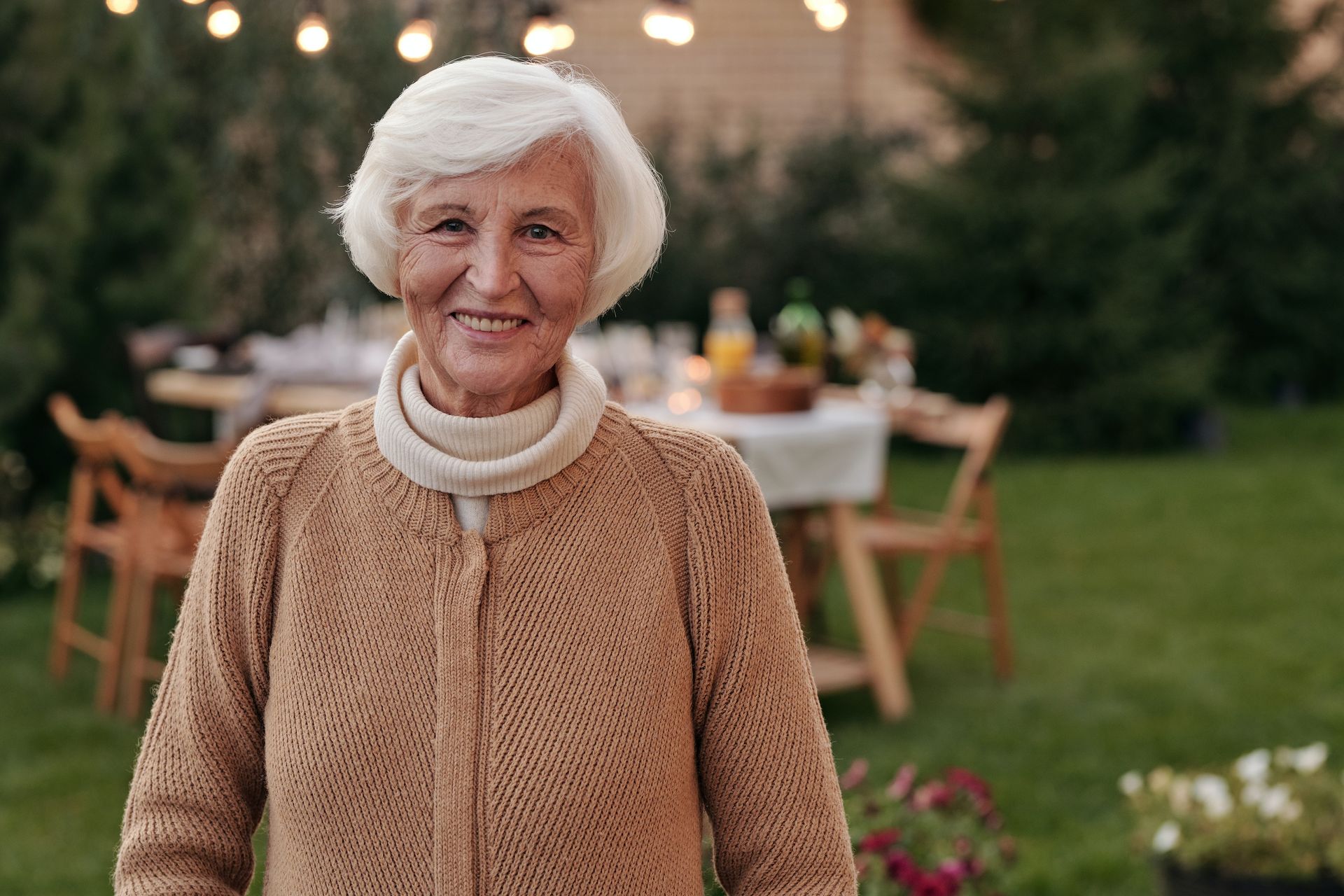Southwest Regional Hospice & Palliative Care Symposium
Help Seniors Beat the El Paso Heat This Summer & Stay Safe

The body content of your post goes here. To edit this text, click on it and delete this default text and start typing your own or paste your own from a different source.
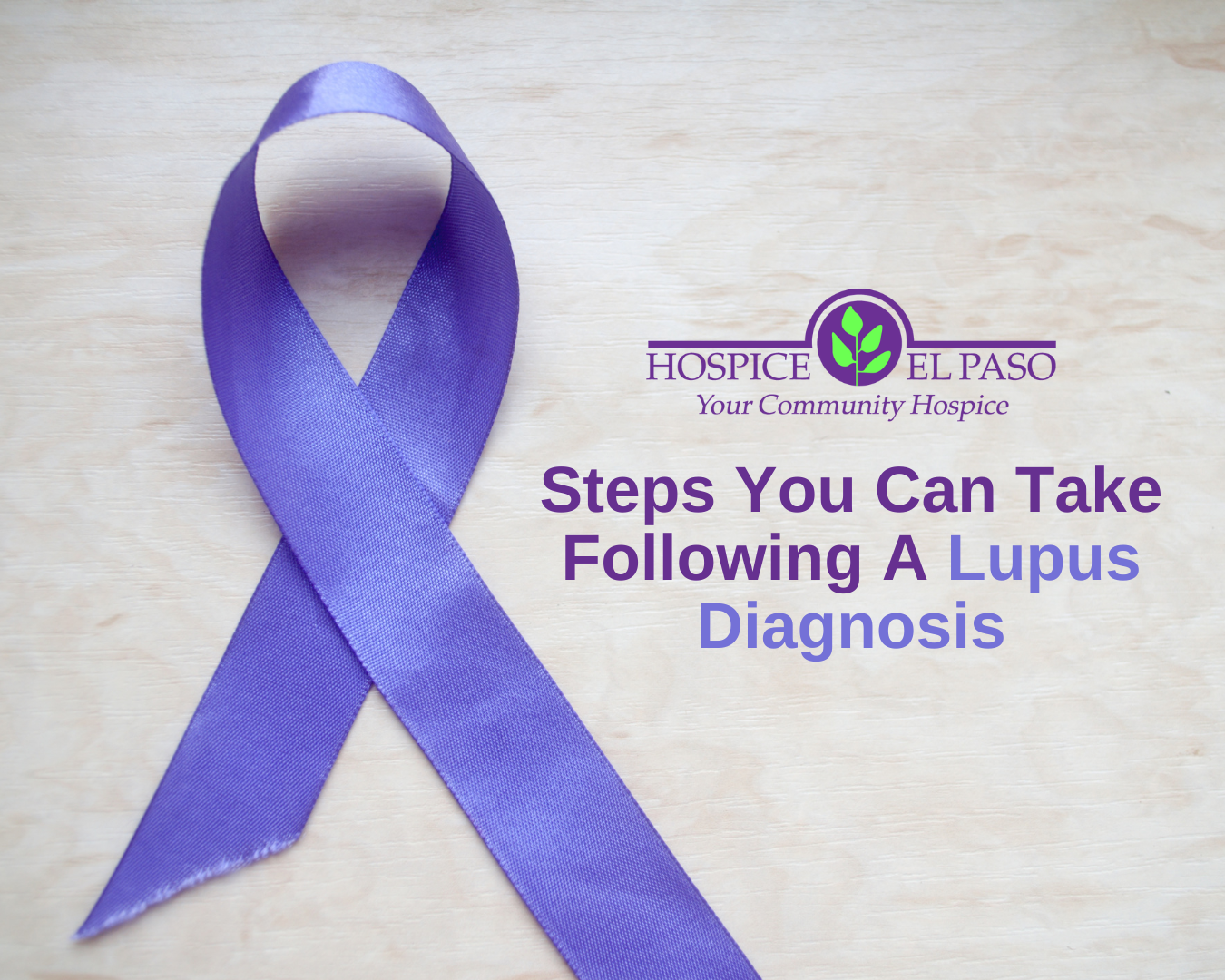
By Terri Jordan
•
May 9, 2023
As a hospice provider, we understand how difficult it can be for caregivers when someone they love is diagnosed with a chronic illness like lupus. It is a disease that affects millions of people worldwide, and it can be challenging to navigate the journey ahead. In this blog, I will provide some steps that caregivers can take when they find out someone they love has lupus. Educate Yourself about Lupus The first step for a caregiver when someone they love is diagnosed with lupus is to educate themselves about the disease. Lupus is an autoimmune disease that can affect any part of the body, and it can present differently in each person. Learning about lupus can help the caregiver understand the symptoms and how to manage them. They can also learn about the medications and treatments used to manage lupus and its complications. Help the Person with Lupus Develop a Treatment Plan Once the caregiver has a basic understanding of lupus, they can help the person with lupus develop a treatment plan. This plan should be tailored to the individual's needs and may include medications, lifestyle changes, and other therapies. The caregiver can help the person with lupus keep track of their medications, appointments, and symptoms. They can also help the person with lupus communicate with their healthcare team about any concerns or changes in their condition. Encourage the Person with Lupus to Stay Active Physical activity can be beneficial for people with lupus, but it is essential to approach it carefully. The caregiver can encourage the person with lupus to stay active by engaging in low-impact activities like walking, swimming, or yoga. They can also help the person with lupus understand their limitations and adjust their activities accordingly. Encouraging physical activity can help the person with lupus manage their symptoms and maintain their overall health. Provide Emotional Support Receiving a diagnosis of lupus can be overwhelming and emotionally draining. The caregiver can provide emotional support by listening to the person with lupus and validating their feelings. They can also help the person with lupus cope with the changes and limitations that come with the disease. Encouraging the person with lupus to participate in support groups or seek counseling can also be beneficial. Take Care of Yourself Caregiving can be a demanding and exhausting job, and it is essential for caregivers to take care of themselves. The caregiver can prioritize their own physical and emotional needs by getting enough rest, eating a healthy diet, and seeking support from friends or family members. They can also seek respite care when needed to prevent burnout. Plan for the Future Lupus is a chronic disease, and it is important to plan for the future. The caregiver can help the person with lupus make arrangements for their care in the event of a flare-up or hospitalization. They can also discuss end-of-life care preferences and make sure legal documents are in place, such as a living will or power of attorney. In conclusion, being a caregiver for someone with lupus can be challenging, but with the right tools and support, it can be a rewarding experience. By educating themselves about lupus, helping the person with lupus develop a treatment plan, encouraging physical activity, providing emotional support, taking care of themselves, and planning for the future, caregivers can navigate this journey with their loved one. As a hospice provider, I understand that every person's journey with lupus is unique, and I am here to provide support and guidance along the way.
OUR SERVICES
OUR ORGANIZATION
Hospice El Paso is a recognized 501(c)3 charitable organization
Hospice El Paso is a recognized 501(c)3 charitable organization |
Copyright © 1982-2023 Hospice El Paso, All Rights Reserved
Copyright © 1982-2024 Hospice El Paso, All Rights Reserved |







